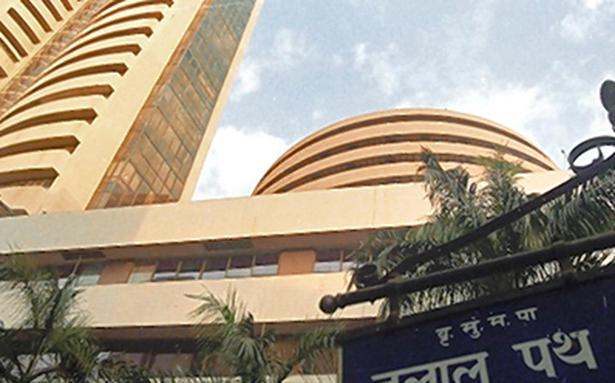The USTR in the India section of the report said India has remained uneven in its progress on intellectual property protection and enforcement over the past year
The USTR in the India section of the report said India has remained uneven in its progress on intellectual property protection and enforcement over the past year
India remains one of the major economies with the greatest challenges when it comes to intellectual property protection and enforcement, the US Trade Representative’s office said in a report as it decided to keep New Delhi on the priority watch list.
In its 2022 Special 301 Report, the USTR placed seven countries on the Priority Watch List. These are Argentina, Chile, China, India, Indonesia, Russia and Venezuela.
Ukraine’s scrutiny has been suspended due to Russia’s deliberate and unprovoked invasion of the country, the USTR said.
The USTR in the India section of the report said India has remained uneven in its progress on intellectual property protection and enforcement over the past year.
While India made significant progress in advancing intellectual property protection and enforcement in some areas over the past year, it has failed to resolve recent and long-standing challenges, raising new concerns among rightsholders, the report said.
“India remains one of the greatest challenges in the world in terms of intellectual property protection and enforcement,” it said.
The report goes on to say that India’s accession to the World Intellectual Property Organization (WIPO) Performances and Phonograms Treaty and the WIPO Copyright Treaty, collectively known as the WIPO Internet Treaties, was in 2018 and the Nice Agreement in 2019 positive steps.
However, the USTR said the potential threat of patent revocation, lack of presumption of patent validity and narrow patentability criteria under India’s Patent Law are having an impact on companies in various sectors.
The USTR said despite India’s justifications to limit IP protections to encourage access to technology, India maintains high tariffs on IP-intensive products such as medical devices, pharmaceuticals, information and communication technology products, solar energy equipment and capital goods.
In the pharmaceutical sector, the United States continues to monitor the patentable subject matter limitation in Section 3(d) of the Indian Patent Act and its implications, it said.
Pharmaceutical stakeholders also raise concerns about whether India has an effective mechanism to resolve potential patent disputes early, particularly shortcomings in notifying interested parties of market approvals, it said.



